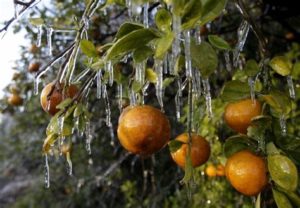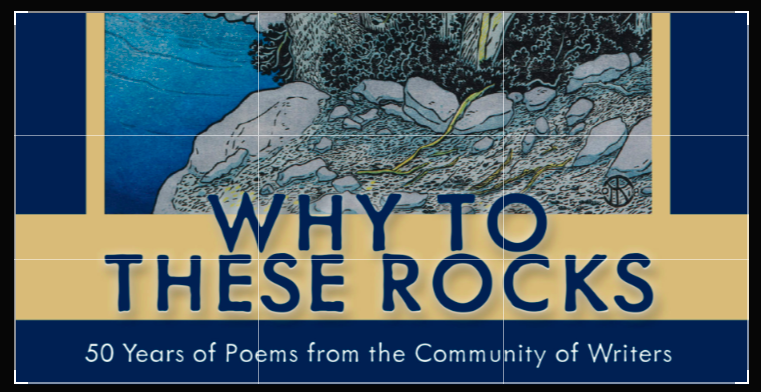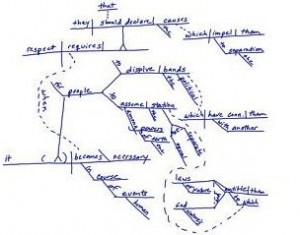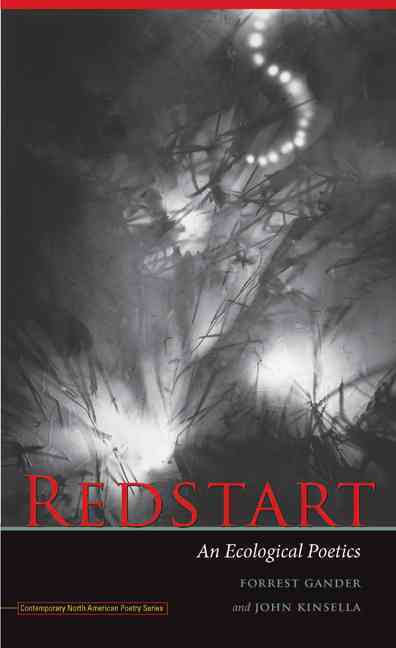Another gem from Poetry Daily. I love naming and disintegration play against each other in this poem, vowels scattered. And benthic, a wonderful word, new to me.
A Thousand Vowels
A long slope.
The strong sun dipped, and finally sank.
No matter how long I walked, I stayed in “the middle of the road.”
The name torn into pieces.
Just keeping on, climbing higher and higher,
I’d completely forgotten the name.
The west wind shifts the typhoon’s course,
the world, for a few hours, is thrown into confusion.
You might name one thing after another,
but each loses its name in that same moment.
Into what we call “nature.”
I stood in the middle of nature.
And something was missing, the natural was
draped in a thin shroud.
Vowels scattered,
the name went missing.
When once more the name “nature” was applied
to the desolate-as-ever landscape,
immediately, the name began to weather away.
What is still losing its name,
and what has already lost its name,
those two strands entwine
around the true name.
Those who have wings stay put,
howling out their condition over and over,
“How fragile we are!”
though no one hears them.
Thousands of ripples tell
a story of benthic anguish.
The ripples beach themselves
on the name of each anguish,
vowels scatter by the thousands
over the earth.
Shuri Kido, translated from the Japanese by Tomoyuki Endo and Forrest Gander
 Citrus Freeze
Citrus Freeze I reviewed Forrest Gander’s recent book,
I reviewed Forrest Gander’s recent book, 
 I’ve been reading a slim novel by Forrest Gander called A Friend. It’s a novel in three parts that closely parallels a real life event. The part told by the lover, Sarah, is made up of mostly one-line statements about her lover and her grief at his death. Here are a few samples:
I’ve been reading a slim novel by Forrest Gander called A Friend. It’s a novel in three parts that closely parallels a real life event. The part told by the lover, Sarah, is made up of mostly one-line statements about her lover and her grief at his death. Here are a few samples:




